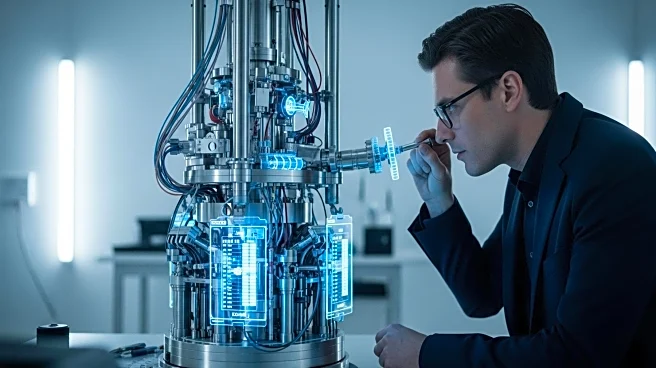What is the story about?
What's Happening?
Carbon Capture and Storage (CCS) technology, once hailed as a key solution for reducing emissions in the oil and gas industry, is facing increasing skepticism. Despite significant investments from governments and fossil fuel companies, many CCS projects have experienced delays and have not performed as expected. Critics argue that the technology is not as effective as anticipated, with some installations failing to capture the projected amounts of carbon dioxide. This has led to questions about the viability of continued investment in CCS, as it may divert resources from more sustainable long-term green energy projects.
Why It's Important?
The challenges facing CCS technology have broader implications for global efforts to combat climate change. If CCS cannot deliver on its promises, it could undermine strategies that rely on it to reduce emissions while continuing to use fossil fuels. This could prompt a shift in focus towards more reliable renewable energy sources and technologies. The debate over CCS also highlights the need for careful evaluation of emerging technologies to ensure they provide genuine environmental benefits and do not detract from more effective solutions.
What's Next?
The future of CCS technology remains uncertain, with potential implications for energy policy and investment strategies. Governments and companies may need to reassess their reliance on CCS and consider alternative approaches to achieving emissions reductions. This could involve increased support for renewable energy projects and innovations that offer more reliable and cost-effective solutions. The ongoing evaluation of CCS effectiveness will likely influence future policy decisions and investment priorities in the energy sector.
















